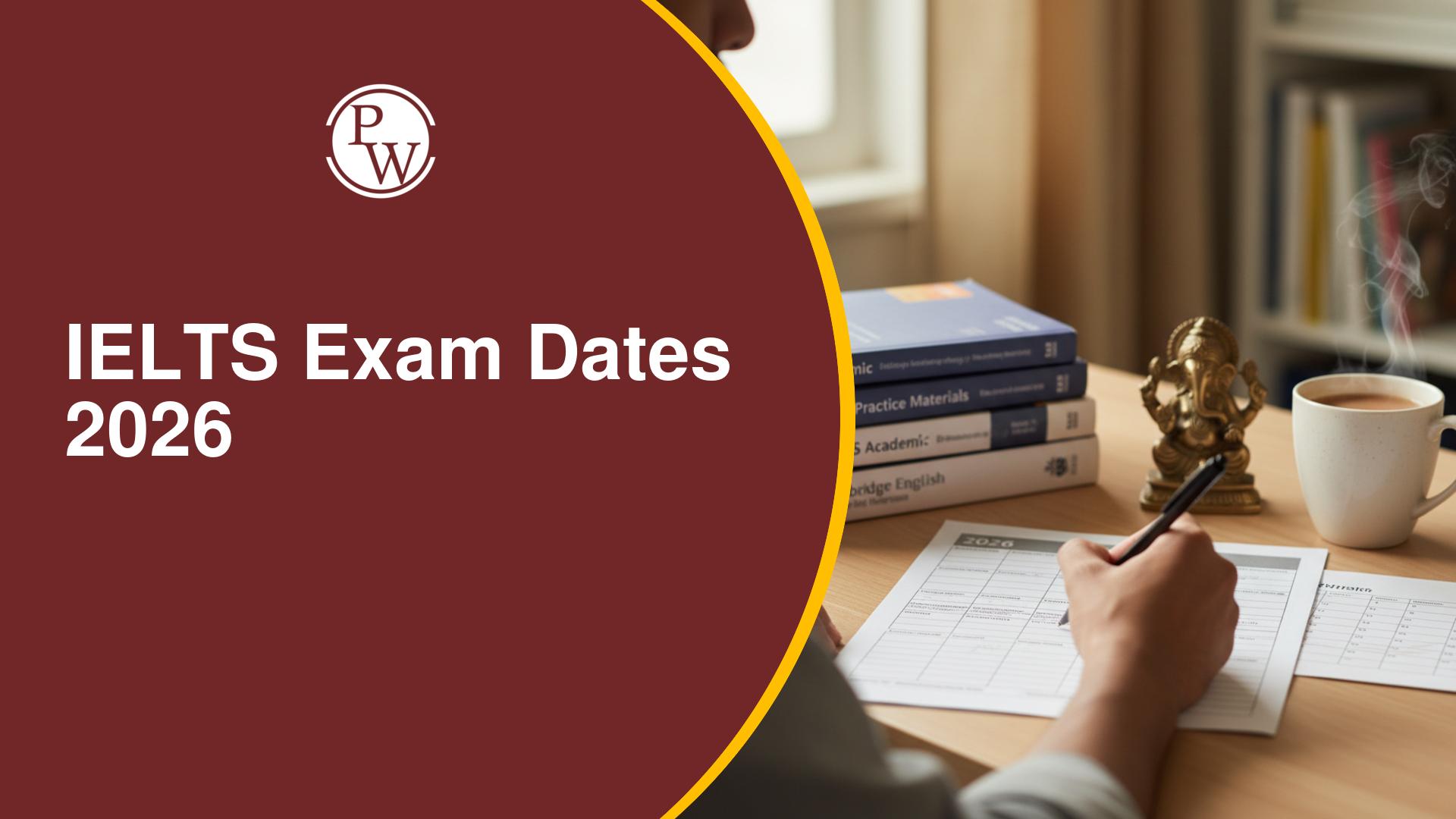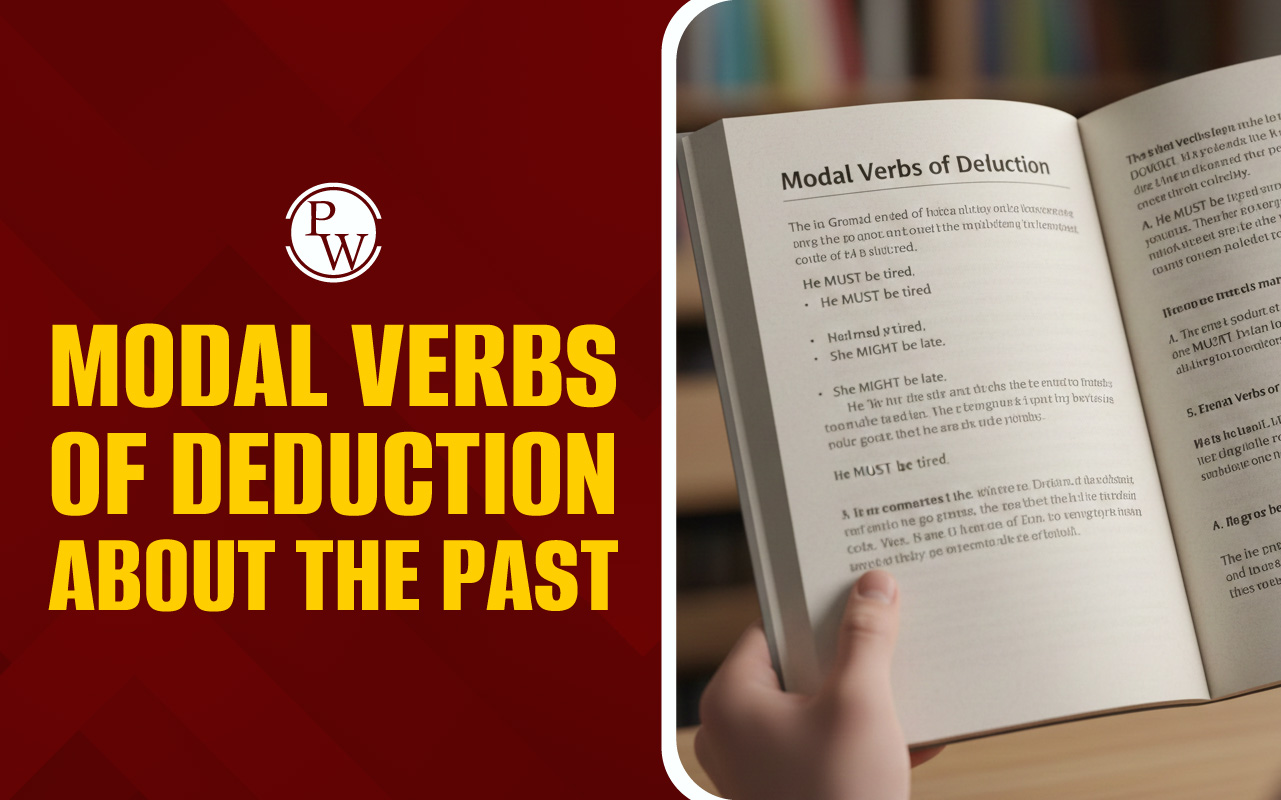
Jargon IELTS Reading Answers : “Jargon” is a common topic asked in the IELTS Reading Test. Jargon generally refers to a set of terms used by a particular profession, industry, or group that are generally not understood by people outside the industry. In the IELTS Reading module , many reading passages are included on the topic “Jargon”.
While reading is one of the easiest sections in the IELTS test format , questions on reading passages are generally repeated. Therefore, practicing Jargon IELTS Reading answers can improve the overall IELTS reading band score . This article covers samples of Jargon IELTS Reading answers along with several tips and strategies and frequently asked questions to help IELTS aspirants better understand the reading module.Free IELTS Reading Practice Tests, Cambridge Sample Test PDF
Jargon IELTS Reading Answers Passage
You should spend about 20 minutes on questions 1-13, which are based on the Reading Passage below.Jargon
1. Jargon is a loaded word. One dictionary defines it, neatly and neutrally, as ‘the technical vocabulary or idiom of a special activity or group’, but this sense is almost completely overshadowed by another: ‘obscure and often pretentious language marked by a roundabout way of expression and use of long words’. For most people, it is this second sense which is at the front of their minds when they think about jargon. Jargon is said to be a bad use of language, something to be avoided at all costs. No one ever describes it in positive terms (‘that was a delightful piece of rousing jargon’). Nor does one usually admit to using it oneself: the myth is that jargon is something only other people employ. 2. The reality, however, is that everyone uses jargon. It is an essential part of the network of occupations and pursuits that make up society. All jobs present an element of jargon, which workers learn as they develop their expertise. All hobbies require mastery of jargon. Each society grouping has its jargon. The phenomenon turns out to be universal – and valuable. It is the jargon element which, in a job, can promote economy and precision of expression, and thus help make life easier for the workers. It is also the chief linguistic element that shows professional awareness (‘know-how’) and social togetherness (‘shop-talk’). 3. When we have learned to command it, jargon is something we readily take pleasure in, whether the subject area is motorcycles, knitting, cricket, baseball or computers. It can add pace, variety and humour to speech – as when, with an important event approaching, we might slip into NASA-speak, and talk about countdown, all systems go, and lift-off. We enjoy the mutual showing-off which stems from a fluent use of terminology, and we enjoy the in-jokes which shared linguistic experience permits. Moreover, we are jealous of this knowledge. We are quick to demean anyone who tries to be part of our group without being prepared to take on its jargon. 4. If jargon is so essential a part of our lives, why then has it had such bad press? The most important reason stems from the way jargon can exclude as well as include. We may not be too concerned if we find ourselves faced with an impenetrable wall of jargon when the subject matter has little perceived relevance to our everyday lives, as in the case of hydrology, say, or linguistics. But when the subject matter is one where we feel implicated, and think we have a right to know, and the speaker uses words which make it hard for us to understand, then we start to complain; and if we suspect that the obfuscation is deliberate policy, we unreservedly condemn, labelling it gobbledegook and calling down public derision upon it. 5. No area is exempt, but the fields of advertising, politics and defence have been especially criticised in recent years by the various campaigns for Plain English. In these domains, the extent to which people are prepared to use jargon to hide realities is a ready source of amusement, disbelief and horror. A lie is a lie, which can be only temporarily hidden by calling it an ‘inoperative statement’ or ‘an instance of plausible deniability’. Nor can a nuclear plant explosion be suppressed for long behind such phrases as ‘energetic disassembly’, ‘abnormal evolution’ or ‘plant transient’. 6. While condemning unnecessary or obscuring jargon in others, we should not forget to look out for it in ourselves. It is so easy to ‘slip into’ jargon, without realizing that our own listeners/readers do not understand. It is also temptingly easy to slip some jargon into our expression, to ensure that others do not understand. And it is just as easy to begin using jargon which we ourselves do not understand. The motivation to do such apparently perverse things is not difficult to grasp. People like to be ‘in’, to be part of an intellectual or technical elite; and the use of jargon, whether understood or not, is a badge of membership. Jargon, also, can provide a lazy way into a group or an easy way of hiding uncertainties and inadequacies: when terminology slips plausibly from the tongue, it is not essential for the brain to keep up. Indeed some people have developed this skill to professional levels. And certainly, faced with a telling or awkward question, and the need to say something acceptable in public, slipping into jargon becomes a simple way out, and can soon become a bad habit.Enroll Now! Best IELTS Online Courses in India by PW
Jargon IELTS Reading Answers Passage
Questions 1–6 The passage has six paragraphs (A–F). Choose the correct heading for each paragraph from the list below.
| List of Headings | Paragraph |
|---|---|
| i. The double-edged nature of jargon | Paragraph A |
| ii. Jargon in daily life and its benefits | Paragraph B |
| iii. Public perception of jargon in sensitive areas | Paragraph C |
| iv. The universality of jargon and its role in society | Paragraph D |
| v. The misuse of jargon for exclusion and concealment | Paragraph E |
| vi. How jargon provides shared enjoyment and group identity | Paragraph F |
| vii. Criticisms of jargon in professional and public communication |
Questions 7–12 Complete the summary below using NO MORE THAN THREE WORDS from the passage.Summary: Jargon is often seen as a negative form of communication, characterized by its use of (7) __________ language and unnecessarily complex expressions. Despite this, it plays an important role in society, aiding (8) __________ and precision in professional settings and fostering (9) __________ among people who share common interests or occupations. However, problems arise when jargon is used to (10) __________ others or obscure important information, particularly in fields like (11) __________ or (12) __________.
Question 13: Why do some people use jargon intentionally, even when it is unnecessary?
- To simplify their communication in technical discussions.
- To hide their own lack of knowledge or uncertainties.
- To ensure their message is understood by everyone.
- To comply with professional standards of language.
|
IELTS Exam Important Links |
|
|---|---|
| IELTS Reading Band Score | IELTS Listening Band Score |
| IELTS Speaking Band Score | IELTS Writing Band Score |
Jargon IELTS Reading Answers with Explanation
Answer to Question Number 1: Paragraph A – The double-edged nature of jargon Answer explanation: In paragraph A it is described how many people perceive jargon negatively by associating it with vulgar language, however, it also offers a real definition of the jargon. Answer to Question Number 2: Paragraph B – The universality of jargon and its role in society Answer explanation: Paragraph B sheds light on how jargon is used universally in jobs, hobbies, and social groups. It also offers a brief explanation of the benefits of jargon such as professional understanding, effective communication, and more. Answer to Question Number 3: Paragraph C – How jargon provides shared enjoyment and group identity Answer explanation: Paragraph C discusses the practical use of jargon and how it can offer pleasure to people and society in developing mutual understanding, group identity, and funny jokes. Answer to Question Number 4: Paragraph D – The misuse of jargon for exclusion and concealment Answer explanation: Paragraph D discusses the misuse of jargon. How using jargon can create misunderstandings in a conversation. It also emphasizes how many people deliberately use jargon to make it difficult for outsiders to understand. Answer to Question Number 5: Paragraph E – Public perception of jargon in sensitive areas Answer explanation: Paragraph E explains how many people use jargon to hide the basic realities from the outside world. For instance, jargon is generally used in advertising, politics, and defense to hide realities from the audience. Answer to Question Number 6: Paragraph F – Criticisms of jargon in professional and public communication Answer explanation: In paragraph F, criticism of jargon is explained. It discusses how unawarely people include jargon in their conversations without realizing its impact on outside people. It can lead to misunderstandings such as ignorance, avoidance, and more. Answer to Question Number 7: Pretentious Answer explanation: In paragraph A jargon is defined as a negative term by focusing on its association with pretentious language. Answer to Question Number 8: Economy Answer explanation: Paragraph B mentions the use of jargon in the promotion of “economy and precision” in communication. Answer to Question Number 9: Social togetherness Answer explanation: Paragraph B discusses how jargon can be used to promote “social togetherness” through shared professional awareness and group-specific language. Answer to Question Number 10: Exclude Answer explanation: In paragraph D, it is explained how jargon can “exclude” people outside a social or professional group leading to a misunderstanding in communication. Answer to Question Number 11: Politics Answer explanation: Paragraph E uses phrases like “plausible deniability” to explain the use of jargon to “hide realities”. Answer to Question Number 12: Defense Answer explanation: Paragraph E mentions the use of jargon to downplay serious events such as using “energetic disassembly” to refer to serious events like nuclear plant explosions. Answer to Question Number 13:- To hide their own lack of knowledge or uncertainties. Answer explanation: Paragraph F discusses the use of jargon to “hide uncertainties and inadequacies.” It also discusses the use of jargon by many people to address challenging social situations and lack of knowledge in public settings.
- Should You Use All Capital Letters in the IELTS Listening and Reading Tests
- IELTS Reading Mistakes
- How to Improve IELTS Reading Score
- How to Manage Time in IELTS Reading
Tips for Answering the Question Types in Jargon IELTS Reading Answers
Preparing for reading passages, particularly about topics like jargon requires some specific preparation tips and strategies. Some popular tips for answering the question types in jargon IELTS Reading Answers are as follows:Jargon IELTS Reading Answers Tips for Sentence Completion
- Use grammatically correct sentence structure to form your answers.
- Try to locate exact phrases in the text to support your answer.
Jargon IELTS Reading Answers Tips for Matching Headings to Paragraphs
- Start by reading the first and last sentences of each paragraph to summarize the main idea.
- Look for keywords in the headings and try to find matching phrases and keywords in the original text.
- Use elimination methods to narrow down your choices.
Jargon IELTS Reading Answers Tips for Multiple-Choice Questions
- Read the question first to identify the keywords.
- Use keywords from the question to find relevant information in the passage.
- Use elimination methods to exclude irrelevant answers from the MCQ questions.
General Tips for Jargon IELTS Reading Answers
- Read the passage carefully to understand the dual perception of jargon – both its benefits and its drawbacks.
- Practice paraphrasing to use information from the passage in your own words.
- Do not spend more than 1-2 minutes per question to complete the question papers on time.
- Locate technical terms like "economy," "social togetherness," and "pretentious language" and highlight them in the passage to find answers easily.
- Read the questions and highlight keywords before starting to read the passage.
How to Manage Time in IELTS Reading
Guidance of PW IELTS
Physics Wallah offers a few popular online IELTS courses for all students. Follow the latest IELTS articles to better prepare for the exam.| IELTS Exam Other Related Links | |
|---|---|
| IELTS Registration | IELTS Eligibility Criteria |
| IELTS Exam Pattern | IELTS Syllabus |
| IELTS Exam Dates | IDP IELTS Test Centers |
Jargon IELTS Reading Answers FAQs
Q. What is the main perception of jargon discussed in the passage?
Ans. In this passage, jargon is described as a pretentious and obscure language. However, the passage also discusses the role of jargon in promoting precision, efficiency, and group identity in professional and social contexts.
Q. How does jargon help professionals and groups?
Jargon helps people in promoting business, economy, and services. It creates a mutual understanding among professionals and groups.
Q. Why is jargon criticized in areas like politics and defense?
Ans. In politics and defense, jargon is generally used to hide realities from the public. Such use of jargon terms can create lack of transparency and confusion to the general public. Therefore, jargon is highly criticized in areas like politics and defense.
Q. How can jargon unintentionally exclude people?
Ans. Sometimes people unintentionally use many complex jargon that might exclude people who are unfamiliar with such terms. In many cases, people create misunderstandings of ignorance and avoidance due to the unintentional use of jargon.
Q. Why do people sometimes use jargon unnecessarily?
Ans. Sometimes people use jargon unnecessarily to avoid awkward social interactions, to appear knowledgeable in public settings, avoid people outside the social or professional niche, and feel elite in a group.
Talk to a counsellorHave doubts? Our support team will be happy to assist you!

Check out these Related Articles
Free Learning Resources
PW Books
Notes (Class 10-12)
PW Study Materials
Notes (Class 6-9)
Ncert Solutions
Govt Exams
Class 6th to 12th Online Courses
Govt Job Exams Courses
UPSC Coaching
Defence Exam Coaching
Gate Exam Coaching
Other Exams
Know about Physics Wallah
Physics Wallah is an Indian edtech platform that provides accessible & comprehensive learning experiences to students from Class 6th to postgraduate level. We also provide extensive NCERT solutions, sample paper, NEET, JEE Mains, BITSAT previous year papers & more such resources to students. Physics Wallah also caters to over 3.5 million registered students and over 78 lakh+ Youtube subscribers with 4.8 rating on its app.
We Stand Out because
We provide students with intensive courses with India’s qualified & experienced faculties & mentors. PW strives to make the learning experience comprehensive and accessible for students of all sections of society. We believe in empowering every single student who couldn't dream of a good career in engineering and medical field earlier.
Our Key Focus Areas
Physics Wallah's main focus is to make the learning experience as economical as possible for all students. With our affordable courses like Lakshya, Udaan and Arjuna and many others, we have been able to provide a platform for lakhs of aspirants. From providing Chemistry, Maths, Physics formula to giving e-books of eminent authors like RD Sharma, RS Aggarwal and Lakhmir Singh, PW focuses on every single student's need for preparation.
What Makes Us Different
Physics Wallah strives to develop a comprehensive pedagogical structure for students, where they get a state-of-the-art learning experience with study material and resources. Apart from catering students preparing for JEE Mains and NEET, PW also provides study material for each state board like Uttar Pradesh, Bihar, and others
Copyright © 2026 Physicswallah Limited All rights reserved.






